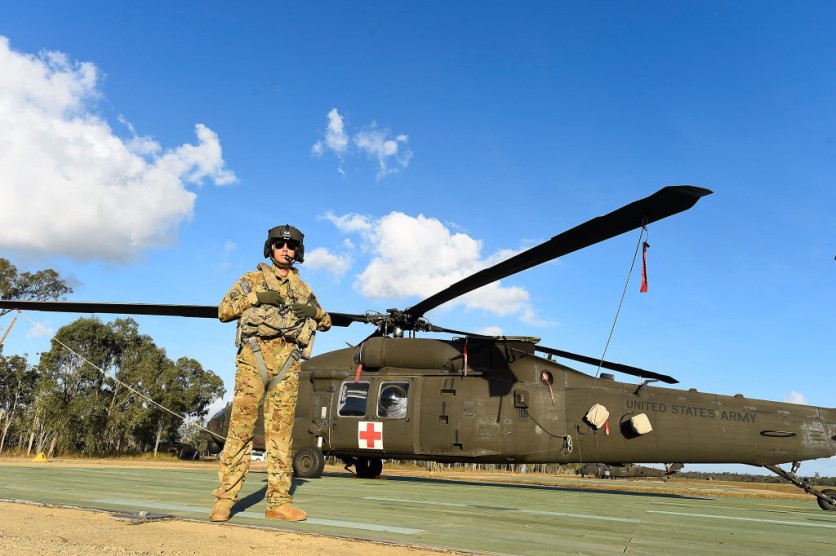Despite its interference with aircraft, the Federal Aviation Authority (FAA) approved the 5G C-band Spectrum wireless service use from AT&T and Verizon. One of the top effects it would have is for Medevac helicopters or the aircraft that hospitals and rescue missions use to urgently transport the injured or other emergency concerns.
FAA: Verizon and AT&T's 5G C-Band Affects Medevac Helicopter Ops

The hottest issue now is a Medevac helicopter's radio altimeter, a device that determines the distance from the terrain to the bottom of the flying vessel. According to Bloomberg (via Yahoo Finance), routine operations of Medevac helicopters from hospitals in the country may see grounding, significantly as the 5G rollout will affect its services.
5G will not necessarily shut down the altimeter, only that it would provide interference that may give inaccurate readings, which is a massive player in flying an aircraft. The wireless service's start may not necessarily ground the operations but would significantly reduce its flights due to the interference it brings to the table.
FAA: Verizon and AT&T's 5G C-Band is Starting January 19
FAA's statement on 5G stated that the two-week delay for the wireless service is to end, and by January 19, the service will start and beam its fast connections. However, this means a different light for aviation companies, especially those that will have to live with 5G interference and work around it to make their systems work.
The challenge is to work around the 5G interference with its aircraft and systems affected by the service.
FAA and the Aircraft Interference of 5G
As early as September to October's fall season last 2021, AT&T and Verizon were hashing out their concerns to push its 5G expansion in the country. The FAA granted them hearings to present their case on why it should be allowed, especially as the regulatory body already knew of the effects it brings for aircraft and weather systems.
The court proceedings effectively delayed the rollout of the 5G C-Band to January 5 of this year, and the FAA also requested to postpone that date to January 19, also known as the two-week provision. However, the two weeks are almost up, and FAA is left with no other options to throw at both telco companies.
Despite its effects on the systems for reading weather and the like, the decision is set.
It seems that the cement is set for the 5G C-Band, and the regulatory body cannot stop the expansion. One of the reasons for this is that the 5G interference can co-exist with the aviation industry in other countries, working around on its issues with the systems.
It is something that both telcos and aircraft companies are working on in the US but does not have yet. Nevertheless, it is something that gravely affects Medevac helicopters and their operations.
Related Article : Chinese Lab Announces 6G Speed Breakthrough, While the 5G Technology Hasn't Completely Rolled Out Yet
This article is owned by Tech Times
Written by Isaiah Richard
ⓒ 2026 TECHTIMES.com All rights reserved. Do not reproduce without permission.




